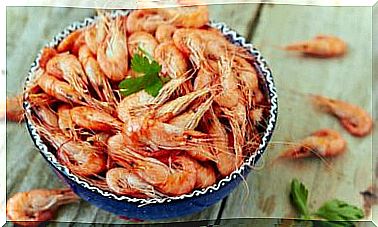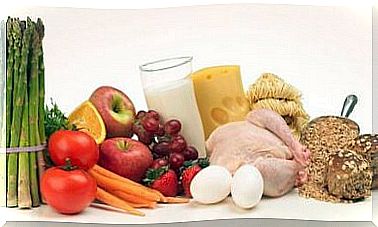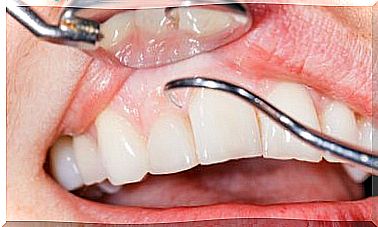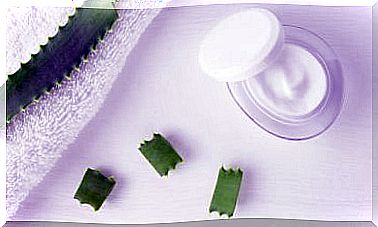Keys To Balancing Our Diet After The Summer
To balance nutrition it is convenient to add a serving of fruit and vegetables a day, carry out physical activity and drink at least 1.5 liters of water daily.
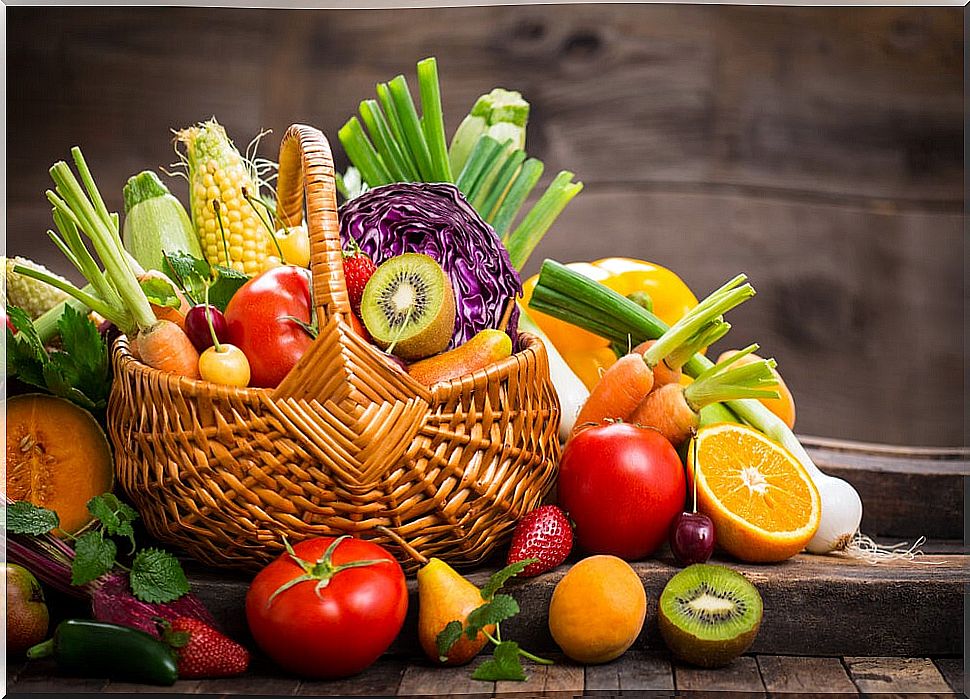
The diet should not remain unchanged. In fact, it is advised that it changes with the seasons, based on seasonal foods and other aspects, such as a greater need for fluids. Especially in summer, we must balance the diet with some slight changes.
Thus, during the summer, it is much more common to consume foods with a high water content, mainly because they are cooler and the hydration needs are greater due to the increase in temperatures.
However, the changes that are made in the diet according to the season should not be made abrupt or drastic, as this could be counterproductive. In fact, the more subtle the better. Let’s look at some tips below.
Balance your diet gradually
To begin to balance the diet, it is convenient to add a serving of fruit and vegetables a day, and begin to reduce the amounts of the rest of the meals. For example, if you are used to consuming foods rich in fat, these should be gradually reduced from the diet.
Substitutes can also be chosen, such as almonds and walnuts. The question is not to deprive the body of food, but to choose better foods, take care of the quantities and not overdo it.
Other considerations:
- At least three meals must be made : breakfast, lunch, and dinner. Optionally you can make two snacks throughout the day.
- Skipping meals, paradoxically, leads to weight gain, since the body tends to accumulate fat in case it cannot get food soon.
The selection of nutrients we take
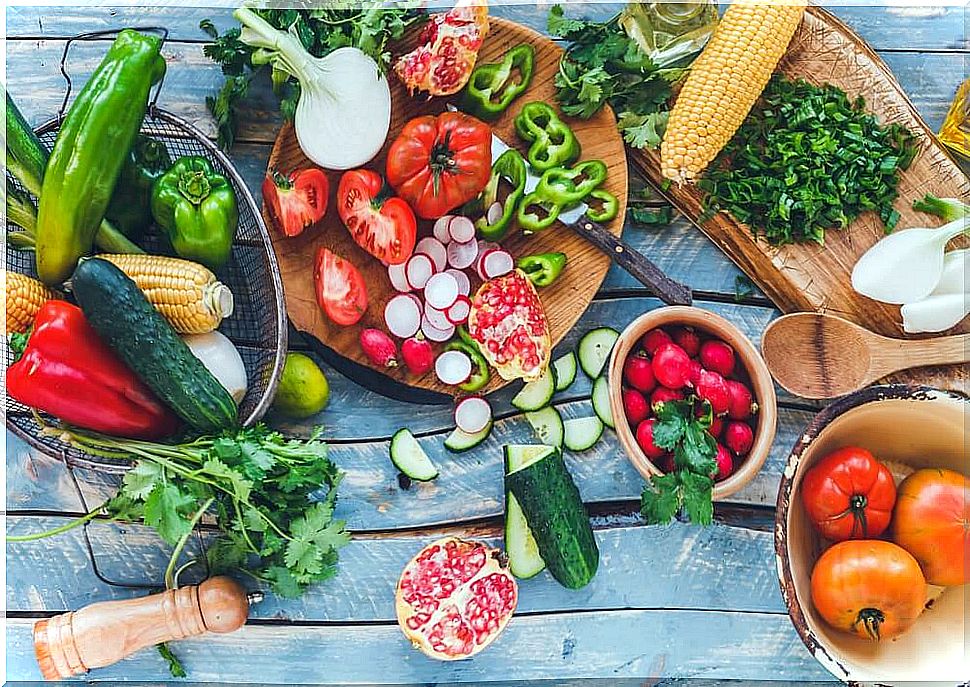
When it comes to shopping, if we choose healthy foods and avoid buying products such as pastries, fried foods and the like, we already make it easier for us to combine and prepare healthier recipes.
The next step is to take care of the way food is prepared so as not to turn it into a nonsense. That is to say, it is of little use that we choose vegetables and vegetables, if later we are going to fry them and load them with oil and salt, for example.
Now, not only is it enough to buy healthy food, but to make up adequate portions of each thing to balance the diet. In this way, the plate should be well assorted from different food groups and not just one or two.
In addition to choosing healthy foods, it is important to prepare a menu in advance so that you can better plan. Organizing ideas when choosing what we eat is an excellent way to prevent excesses.
To take into account to balance the diet
According to the file published by the Ministry of Health of the Community of Madrid (Spain), each gram of carbohydrates or proteins contains 4 calories and each gram of fat, 9 calories. But these nutrients are distinguished by the speed with which energy is consumed : carbohydrates are the fastest and fats the slowest.
The glycemic index tells us how much blood sugar rises after eating a food that contains carbohydrates. Cooking that combines fat and protein slows down the emptying of the stomach and the sugar is slowly absorbed. Therefore, the sugar levels of the preparation are lower.
Fruits, vegetables and liquids

Instead of eating sweets, fried foods and other foods of low nutritional value, it is preferable to eat more fruits and vegetables daily, at different meals. Remember that plant-based foods are generally fat-free and highly nutritious.
It is convenient to eat fruits with everything and their skin, because there are many nutrients and fiber; which is digested slowly and helps satisfy the appetite. Of course, it all depends on the fruit. The apple can be eaten with everything and skin, naturally, but the pineapple must be used in other ways, peeling it and removing the hardest parts.
Drinking plenty of fluids is also essential. The popular estimate is that adults need to drink at least 1.5 liters of water per day, however this need may vary depending on some factors. For example, if you do sports, it is advisable to drink more liquids before, during and after the activity.
What else?
Food is a basic pillar of well-being, although it must be accompanied by other healthy habits so that it can provide the benefits that are desired . Otherwise, our lifestyle will not be well supported.
In this sense, doing physical activity on a daily basis will never hurt when it comes to maintaining good health. The World Health Organization (WHO) recommends a minimum of 150 minutes of daily physical activity per week. From there, increasing the total minutes will be positive for the health of those who practice it.
Thus, eating properly and balancing our diet should be a fundamental part of our lives. In addition, it is advisable to consult with a doctor or nutritionist on these issues to obtain a personalized eating plan, since it should not be the same for a diabetic or hypertensive person.


